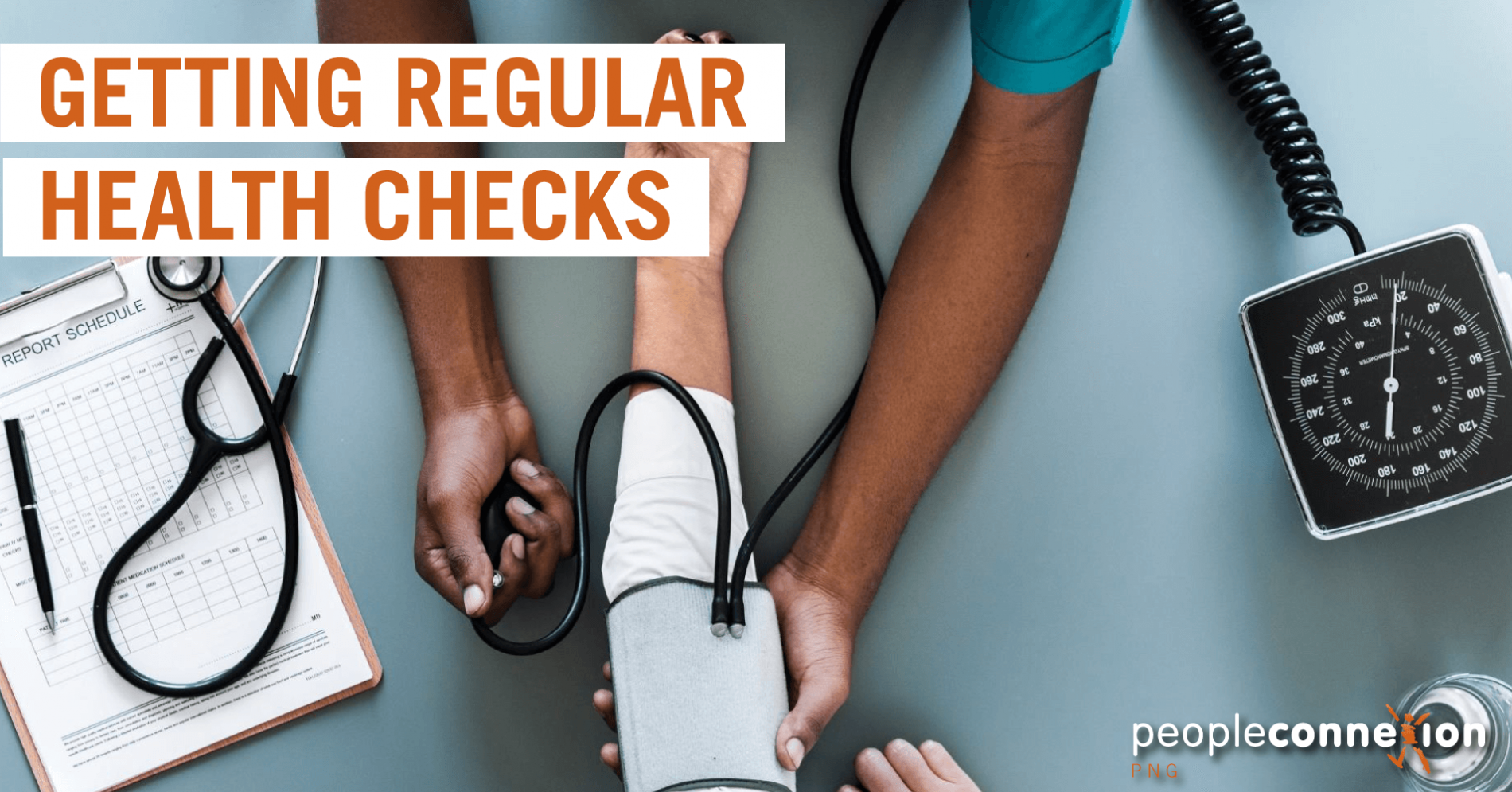Getting Regular Health Checks
When reporting for work, it’s important that you ensure you are physically and mentally fit to perform your job. There is a direct link between poor health (and poor sleep!) and job performance, so it’s important to make sure you’re looking after your health.
To do this, it’s important to have regular health checks and keep your medical records somewhere accessible.
In many cases, an annual medical fitness test will actually be required as part of your employment ? so it’s important to keep on top of it!
What does fit to work mean?
When reporting for work, employees and contractors must be fit to work.
We define ?fit to work? as being physically and mentally fit as deemed by a licensed medical professional, in addition to being properly rested, to ensure that you can perform your duties in a safe and efficient manner.
Your medical and mental fitness should be regularly (ie: at least annually) assessed by a medical practitioner.
Why are health checks important?
Health checks and establishing your knowledge of your own physical and mental health might be more important than you realise. Here are some of the key reasons to ensure you’re keeping up with regular health checks:
Prevention:
If you visit the doctor regularly, you can track any emerging issues over time, then monitor and treat them properly. One of the main responsibilities of medical professionals is to help you prevent illness and injury (not just treat it!). When it comes to most health issues, prevention really is the best solution.
Establishing healthy habits:
This is directly linked to prevention. Doctors are there to help you evaluate your lifestyle and identify any areas you could improve, to help you develop healthy habits (like healthy eating, exercise, reducing alcohol intake, quitting smoking, etc.). By having annual checkups, your doctor can keep track of your overall health and the effects your habits have on your health. From there, they can suggest how you can introduce healthy habits.
Assessing your risk:
Factors like family history, lifestyle habits, work pressures, stress, sleep, exercise, diet and nutrition can all affect your long-term health. This is why it’s important to consult with a doctor to assess your risk of disease and illness. By understanding your risks, you can work with your doctor on prevention strategies.
Updating vaccinations:
Vaccinations are an important part of maintaining your overall health and preventing disease. Make sure to ask your doctors on any vaccinations you need to update, as vaccinations like tetanus, diphtheria and pertussis (whooping cough) need to be updated every 10 years. In PNG, it is recommended that you also ensure you’re vaccinated against polio.
Health checks at different life stages:

In your 20s and 30s
- Blood pressure
- Cholesterol and glucose levels
- BMI, waist and hip measurements
- Dental check and cleaning
- Skin cancer checks
- Testes self-checks (men)
- Breast self-checks (women) If sexually active:
- Sexually Transmitted Infections (STI) screenings
- Pap smear every two years (women)
In your 40s
All of the same checks as in your 20s and 30s plus:
- Type 2 Diabetes Risk Assessment
- Cardiovascular Risk Assessment
- Mammogram (women)
- Eye checks for glaucoma
In your 50s and 60s
All of the same checks as in your 40s plus:
- Osteoporosis Risk Assessment
- Bowel cancer screening (also called FOBT ? faecal occult blood test)
- Visual acuity and hearing impairment tests
